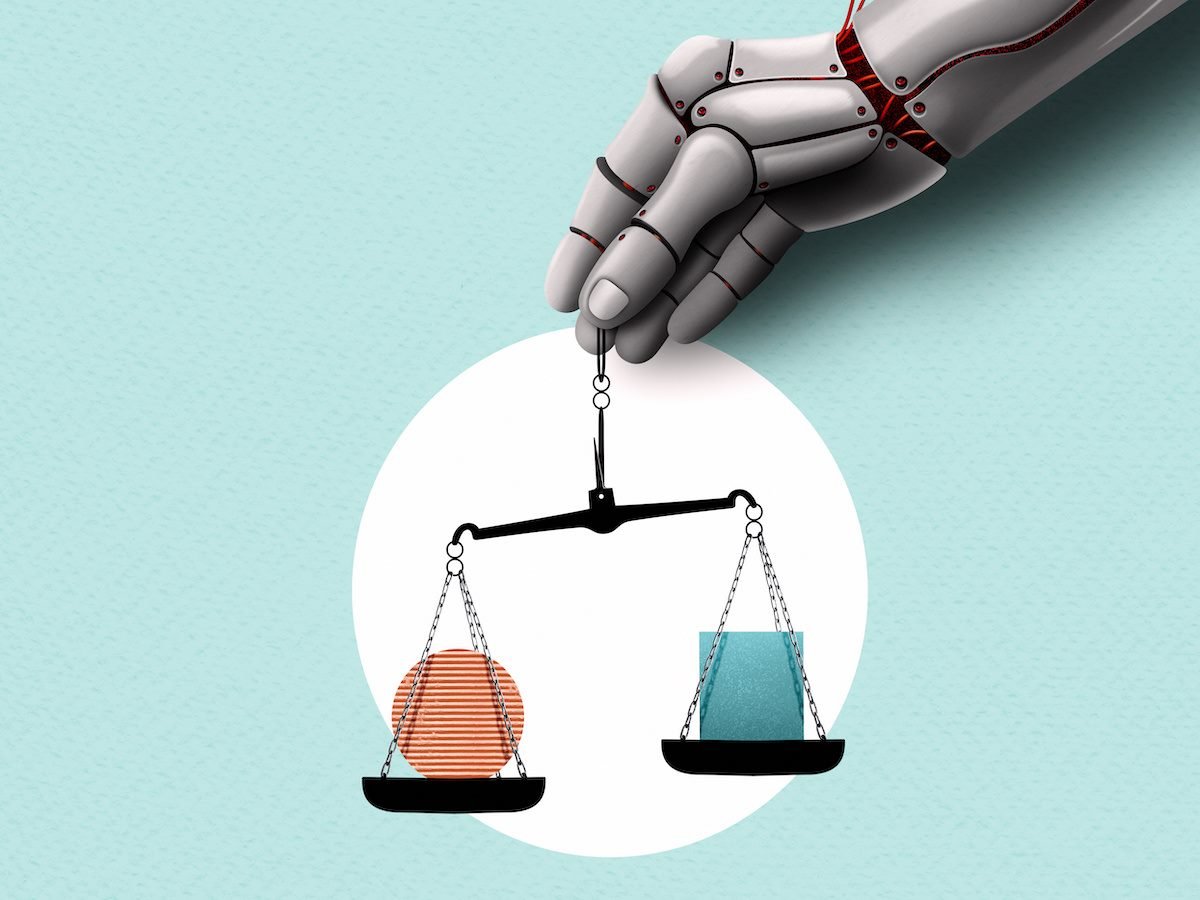The 8 Surprising Behaviors You Must Quit Now to Unlock True Happiness as You Age

I remember a phase in my late twenties when I was juggling a demanding job, a newborn at home, and lots of personal doubts.
Whenever something went wrong—like a missed deadline or a financial setback—I would replay it in my mind, picking apart every detail. Over time, this constant cycle of second-guessing started taking a toll. I found myself growing more negative, stuck in a loop of anxieties.
Gradually, I realized that clinging to old habits and ways of thinking can weigh us down as we get older. Life should feel lighter, but it won’t if we’re dragging around mindsets that invite negativity. We can’t fully stop the clock, but we can choose how we respond to its ticking.
If you’re ready to make room for more joy as you age, consider letting go of certain behaviors that may be holding you back. Below are eight key habits I’ve worked to drop in my own life—and how doing so helped me feel genuinely happier.
1) Dwelling on past regrets
I used to obsess over scenarios that I couldn’t change, wondering what would have happened if I’d taken a different path. Perhaps you know the feeling—spending quiet moments replaying a conversation that ended badly or a job opportunity you missed. After a while, regret can morph into a mental rut.
I once read a piece in Harvard Business Review suggesting that ruminating on the past creates a downward spiral. I believe that it’s essential to acknowledge mistakes but not let them dictate the present.
Now, whenever old regrets surface, I try to flip them into lessons. “What did I learn?” is a more constructive question than “What if?”
Try this: Think of a regret that nags you. Write it down, then list at least two ways you’ve grown because of it. See how re-framing regret can ease the emotional load.
2) Always expecting the worst
There was a time I caught myself always waiting for the other shoe to drop. If I felt excited about a new project, I would mentally prepare for disappointment. It seemed rational at first—if I braced for the worst, I wouldn’t be blindsided. But all it did was invite unnecessary stress and negativity.
A friend once reminded me of something Brené Brown emphasizes: vulnerability can lead to deeper gratitude. When we allow ourselves to hope and feel good about possibilities, we open up to positive outcomes we might otherwise overlook.
This doesn’t mean ignoring risks; it means recognizing that good things do happen, and it’s worth celebrating them.
Try this: The next time an exciting opportunity arises, let yourself feel the full measure of anticipation. Even if it doesn’t pan out, you’ll have practiced optimism—an investment in a brighter mindset.
3) Clinging to grudges
I grew up noticing how some relatives carried grudges for years. As a teenager, I promised myself I wouldn’t fall into that pattern. But I did—just in a quieter way. I would hold onto small resentments for ages, rehashing them long after everyone else moved on.
The thing is, grudges rarely punish the person we’re upset with; they only weigh on us. Whenever I catch myself harboring resentment, I try to visualize it like a heavy backpack. What would it feel like to finally put it down? That simple mental image helps me release some of that tension.
Try this: If a lingering grudge is haunting you, write a letter (that you’ll never send) expressing everything you feel. Let the feelings spill out. Then rip the letter up. It’s a small ritual, but surprisingly liberating.
4) Comparing yourself to others
I spent my early career in a fast-paced agency environment where everyone seemed to be hitting milestones faster than me. Someone was always getting promoted, landing a prestigious client, or buying a new house. Comparison soon became a daily mental trap, distracting me from my own journey.
Adam Grant, in some of his talks, points out that envy is rooted in focusing on other people’s achievements instead of our own growth. I’ve learned that life is more fulfilling when I measure progress by how far I’ve come, not by how I stack up to someone else.













